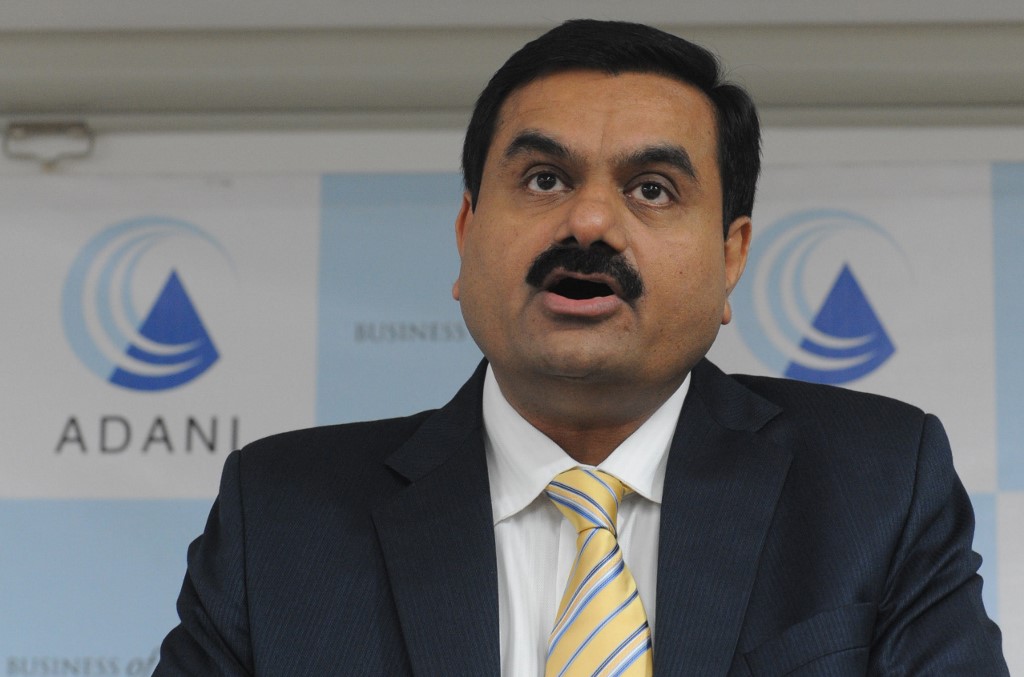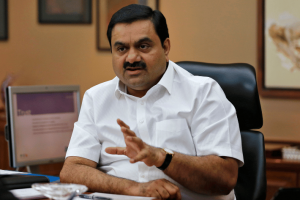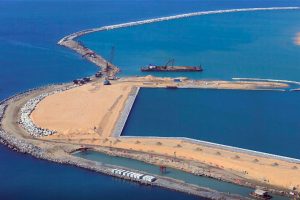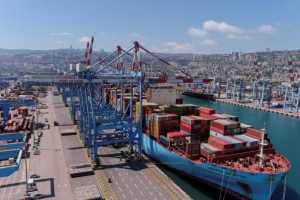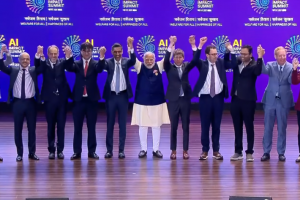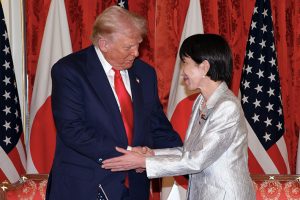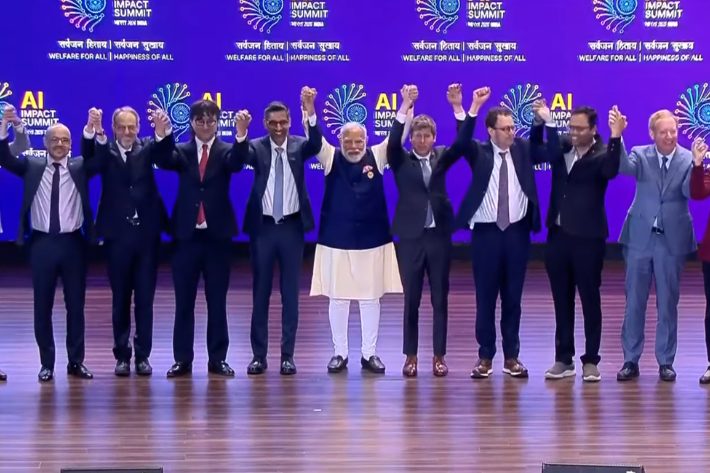Despite official clarifications, press statements and promises to pull out of controversial projects, India’s $100-billion Adani group continues to see an erosion of confidence among its shareholders, while founder Gautam Adani and his officials try to attract “diversified investors”
(AF) While some foreign investors and an index provider have started distancing themselves over Adani Group’s business dealings with a company linked to Myanmar’s notorious military, local shareholders are also getting jittery about retaining the group’s shares.
On Tuesday, Norwegian pension fund KLP, a major foreign investor, said it is divesting from Adani Ports and Special Economic Zone (APSEZ) Ltd – a marine-ports operator – due to the company’s links with the Myanmar Army, because they breach the fund’s responsible investment policy.
Adani Ports’ dealings with Myanmar Economic Corporation (MEC), a company controlled by the Myanmar military, was revealed in March and reported by Asia Financial at that time.
MEC was sanctioned by the US for its brutal crackdown on civilian protesters who opposed the military takeover on February 1 that ousted the Aung San Suu Kyi government just as it was about to take office for a second term after a landslide election victory in November last year. Activists said that Adani Ports was paying the Myanmar military – now blamed for the death of more than 860 people – $30 million to lease a port in Yangon.
In March, Finland’s Nordea Bank cut holdings in Adani, after citing a United Nations report on the group’s connection with the army’s activities in Myanmar. And in April, financial data firm S&P Global removed Adani Ports from its Dow Jones Sustainability Indices – an environmental and social affairs tracker, while in the same month, Norwegian bank DNB ASA also sold off shares it held in Adani Ports for the same reasons.
‘QUALITY’ INVESTORS NEEDED
Then, in mid-June, shares of all six India-listed Adani Group companies tumbled after a report said that the National Securities Depository Ltd (NSDL) had frozen the accounts of three foreign funds that together own shares worth some $6 billion.
The accounts of Albula Investment Fund, Cresta Fund, and APMS Investment Fund were frozen after NSDL found insufficient disclosure of information on beneficial ownership.
Although the three foreign investors and Adani Group were quick to deny the account freeze, which was confirmed by the NSDL, shares of the group’s companies have been on a rollercoaster ride since then, wiping almost $20 billion worth of market capitalisation over the past week.
Group CFO Jugeshinder Singh has claimed the volatility was due to the lack of high-quality investors. So the group is aiming to attract investors with a longer track record in equity markets, he added.
“What is important for us is that we (Adani Group) have a diversified set of investors. We already have that in APSEZ.. (and) we will have that for all other companies going forward,” Singh said in a TV interview.
SWAMPED BY CONTROVERSIES
The group’s founder, 58-year-old Gautam Adani, has always demonstrated a keen nose for identifying opportunities and an ability to navigate tricky political waters. But he also seems to be constantly at the centre of controversies, involving issues ranging from environmental destruction, human rights violation, tax evasion and even money laundering and corruption.
His proposed development of the Carmichael coal mine and rail project in central Queensland in northern Australia, for instance, is a raging controversy that has angered millions of Australians and spurred strong pushback from citizens all around the country.
Activists have said the project would cause environmental damage, exacerbate Australia’s dismal record on carbon emissions and even threatens to harm indigenous culture in the area.
Similarly, Adani’s plan to sell power from its plant in the state of Jharkand, India, to its neighbour Bangladesh has met severe criticism for “over-charged” pricing – almost 2.74 times the generation cost.
The power plant has also been tagged as a destructive project that violates indigenous land rights, destroys precious water resources and the local environment, and puts threatened species at risk.
In 2019, India’s Central Bureau of Investigation also registered a case of cheating and corruption against the group and a former senior official for alleged irregularities in its tendering process, as well as “over-invoicing” for equipment imports, to grab a larger share of incentives.
UNDER SCRUTINY
So now, Adani faces additional scrutiny from international investors over its plan to build a container terminal in the Yangon port on land leased from a conglomerate run by Myanmar’s military.
“Adani’s operations in Myanmar and its business partnership with that country’s armed forces constitutes an unacceptable risk of contributing to the violation of KLP’s guidelines for responsible investment,” KLP said in a statement.
It sold its shares in the group because the container terminal is being built on land owned by the Myanmar military and the “imminent danger” that the armed forces could use the port to import weapons and equipment, or as a naval base, the statement explained.
Adani, though, says his companies condemn the violence in Myanmar and violations of citizens’ fundamental rights. He noted that, at the time the deal was concluded in 2019, its counter-parties were part of a democratically-elected government.
Adani also says the group takes human rights seriously, and that his company could abandon the Myanmar project and write down the investment if it is found to have violated sanctions imposed by the United States.
OPACITY A CONCERN
Still, even after a massive rally of all its listed shares this week, which led to a smart rebound of its stock prices, local investors worry about the lack of clarity around the group’s non-founding shareholders.
The group’s sprawling businesses span energy, mining, real estate and agriculture, and command a combined market value of more than $100 billion on Indian bourses.
But scant analyst coverage of the Adani companies has created information gaps, which is another reason behind the shareholders’ concerns, market sources say.
With reporting by Reuters.




